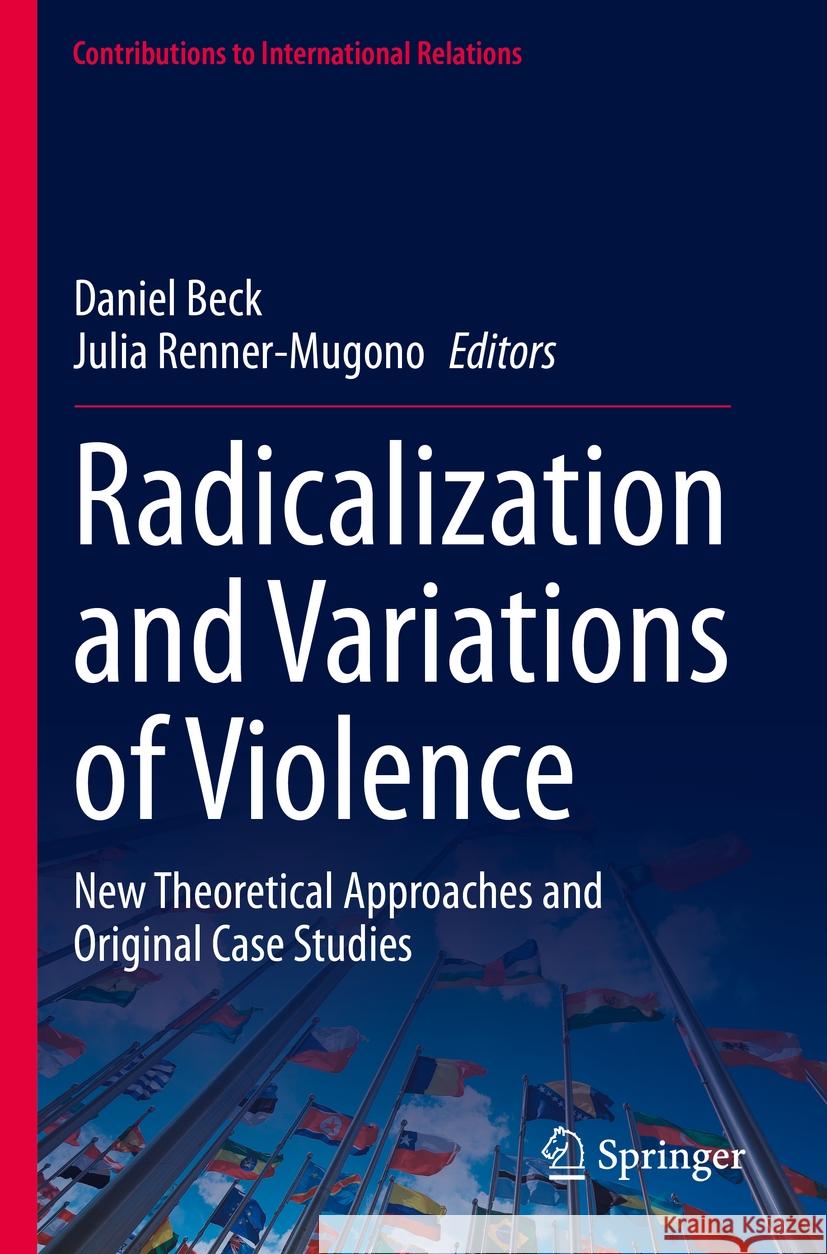Radicalization and Variations of Violence » książka
topmenu
Radicalization and Variations of Violence
ISBN-13: 9783031270130 / Angielski / Miękka / 2024
Radicalization and Variations of Violence
ISBN-13: 9783031270130 / Angielski / Miękka / 2024
cena 509,31 zł
(netto: 485,06 VAT: 5%)
Najniższa cena z 30 dni: 501,19 zł
(netto: 485,06 VAT: 5%)
Najniższa cena z 30 dni: 501,19 zł
Termin realizacji zamówienia:
ok. 20 dni roboczych.
ok. 20 dni roboczych.
Darmowa dostawa!
This book focusses on the interaction between different kinds of violence and radicalization. Current research criticizes linear models of radicalization and assumes that individuals are involved in radical actions even without extremist preferences. In recent years, the research on radicalization and the use of violence has increasingly been focused on this phenomenon of individual radicalization. However, radicalization is a manifold phenomenon on various levels and exists in miscellaneous variations.
The book provides an impetus for analysing social situations that contain the potential for the emergence of conflict. This is done through new outlooks on the role of emotions, the influence of narratives and representations, the connection between (non)violence and emancipation and, lastly, new approaches and perspectives on deradicalization.
The book provides an impetus for analysing social situations that contain the potential for the emergence of conflict. This is done through new outlooks on the role of emotions, the influence of narratives and representations, the connection between (non)violence and emancipation and, lastly, new approaches and perspectives on deradicalization.











